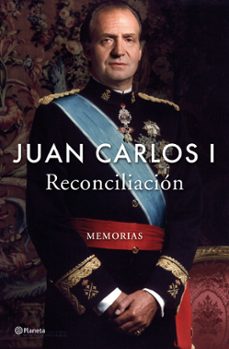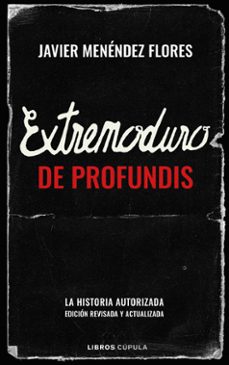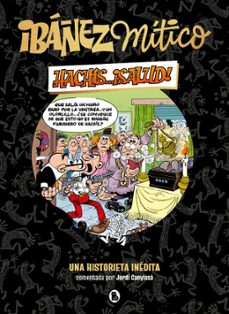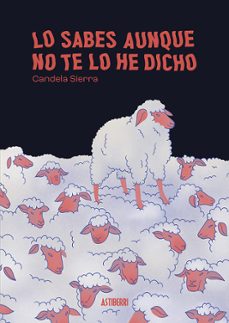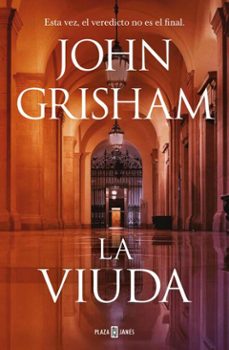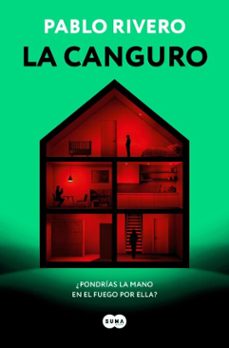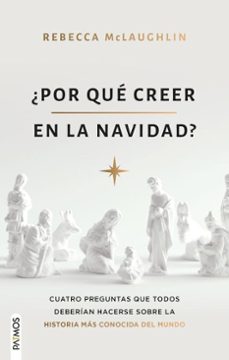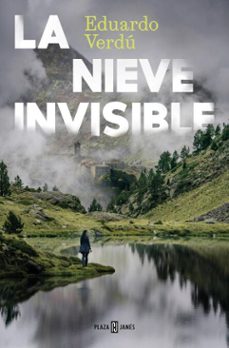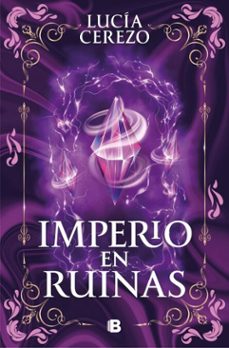📱 eBook en inglés THE POETRY OF ARCHITECTURE
Enriched edition. Or, the Architecture of the Nations of Europe Considered in its Association with Natural Scenery and National Character
Good Press- 4057664180926
Sinopsis de THE POETRY OF ARCHITECTURE
In this enriched edition, we have carefully created added value for your reading experience:
- A succinct Introduction situates the works timeless appeal and themes.
- The Synopsis outlines the central plot, highlighting key developments without spoiling critical twists.
- A detailed Historical Context immerses you in the eras events and influences that shaped the writing.
- An Author Biography reveals milestones in the authors life, illuminating the personal insights behind the text.
- A thorough Analysis dissects symbols, motifs, and character arcs to unearth underlying meanings.
- Reflection questions prompt you to engage personally with the works messages, connecting them to modern life.
- Hand‐picked Memorable Quotes shine a spotlight on moments of literary brilliance.
- Interactive footnotes clarify unusual references, historical allusions, and archaic phrases for an effortless, more informed read.
Léelo en cualquier dispositivo

iPhone y iPad
Descarga la App de lectura Vivlio Casa del Libro para iOS. Es gratuita y está disponible tanto para iPhone como para iPad.

Android
Descarga la App de lectura Vivlio Casa del Libro para Android. Es gratuita y está disponible tanto para móvil como para tablet.

Tu navegador
Puedes leer los eBooks directamente con nuestro visor online, accediendo a nuestra web desde tu móvil o tu ordenador, sin necesidad de descargar nada. Accede a tu área de usuario y empieza a leer.

eReaders*
Puedes conectar tu eReader a tu ordenador y enviar el libro al dispositivo utilizando Adobe Digital Editions.
* Los eReaders de Amazon (Kindle) solo permiten libros de su propia tienda, por lo que no son compatibles.
Ficha técnica
Editorial: Good Press
ISBN: 4057664180926
Idioma: Inglés
Especificaciones del producto
App gratuita de lectura Tagus
Ahora tu lectura es multidispositivo, con la App de Tagus, puedes tener todos tus libros en tu tablet y smartphone. Aprovecha cualquier momento para seguir disfrutando de las lecturas que más te gustan.
Escrito por John Ruskin
Opiniones sobre THE POETRY OF ARCHITECTURE (EBOOK)
¡Sólo por opinar entras en el sorteo mensual de tres tarjetas regalo valoradas en 20€*!
Los eBooks más vendidos de la semana

eBook
Lorena Gascón @lapsicologajaputa


